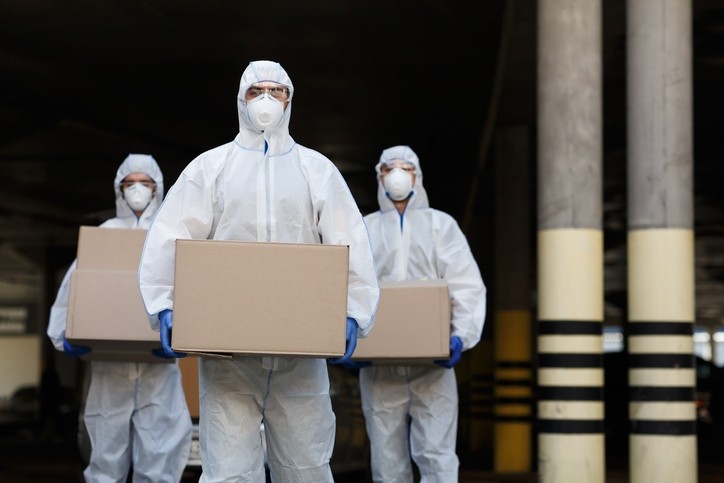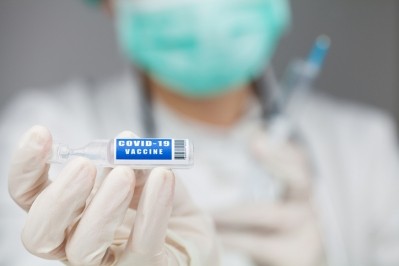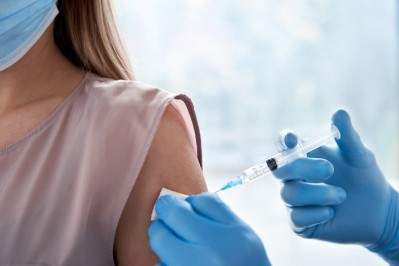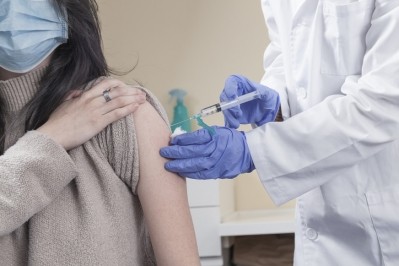AstraZeneca refutes rumors of secondary market in COVID-19 vaccines

He was responding to questioning by MEPs, who grilled him and six other heads of vaccine makers in an EU parliamentary briefing late last month.
COVID-19 vaccines from AstraZeneca and other companies are subject to supply agreements with the EU and national governments. With vaccine supply still a limitation on the speed of mass-immunization campaigns, manufacturers should be solely shipping products to customers such as the EU and national governments. Yet, members of the European Parliament (MEPs) said they heard “rumors that some brokers are selling vaccines.”
Soriot refuted the rumor. “There is absolutely no secondary market. We supply our vaccine as it comes directly to governments,” the AstraZeneca CEO said in response to the questioning by MEPs.
The rumors of a secondary market in COVID-19 vaccines emerged as the EU struggled to get hold of enough prophylactics to enable EU member states to mount rapid immunization campaigns comparable to those undertaken in places such as Israel and the UK.
European politicians called leaders from seven COVID-19 vaccine manufacturers to Parliament for questioning over the causes of the below-expectation levels of supply. The grilling went on for more than three hours. Soriot and other leaders at the event cited the lack of inventory as an explanation for inconsistencies in supply.
“The issue we face is that there is no inventory whatsoever. Each time there is a problem in manufacturing, then immediately you feel the impact at the customer level. It's a challenge. We need to build inventory, but we can't because we basically sell everything we manufacture immediately,” Soriot said.
Moderna CEO, Stéphane Bancel, provided a real-world example that illustrated the point, telling the politicians about what happened when a pump broke at a manufacturing plant earlier this year.
The Moderna team worked around the clock for several days to replace the pump. After the pump was installed, the biotech spent more days documenting the change for regulatory purposes.
In normal times, a manufacturer could ship product from its inventory during the days of downtime for installation, validation, qualification, and documentation. However, as Moderna is working around the clock and shipping every vaccine as soon as it is ready, downtime translates directly into reduced supply. The situation will likely persist until supply starts to meet and exceed demand.










